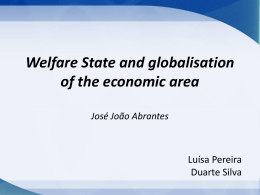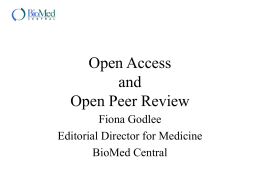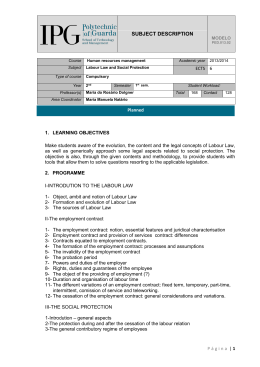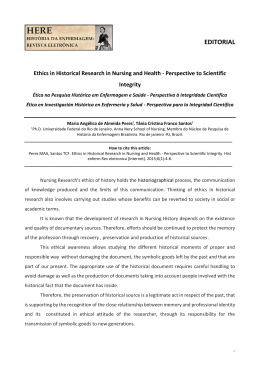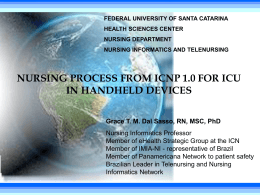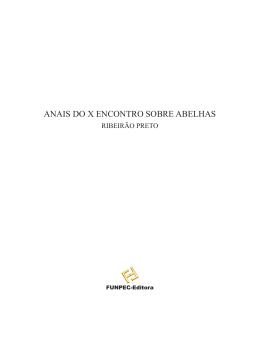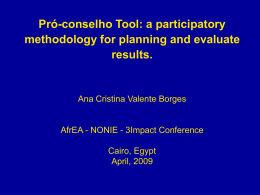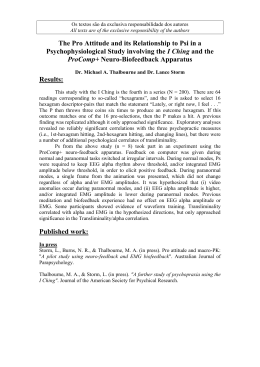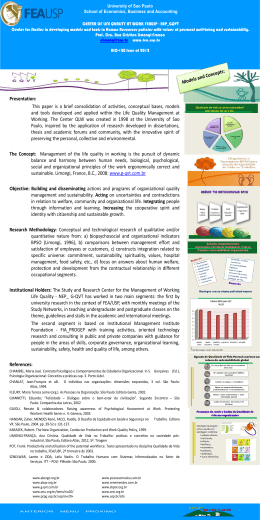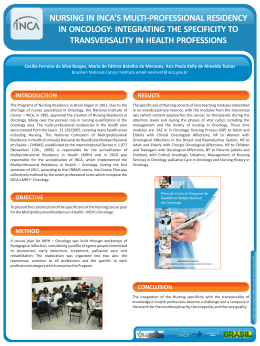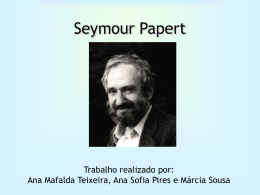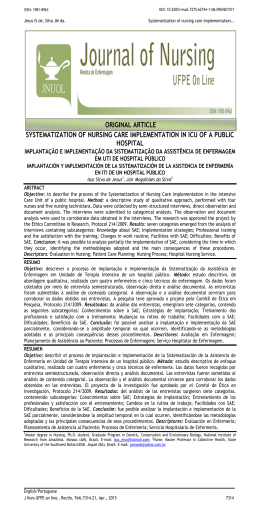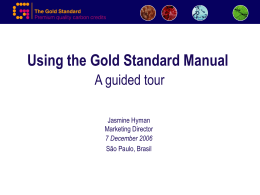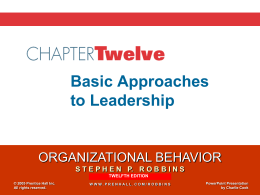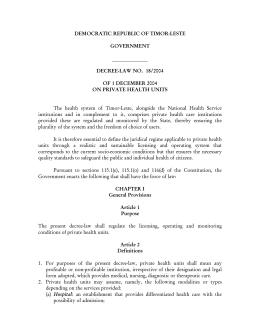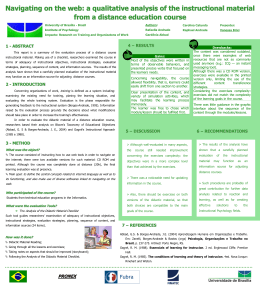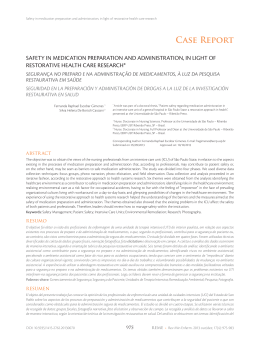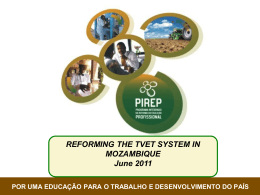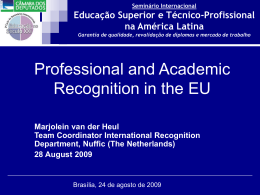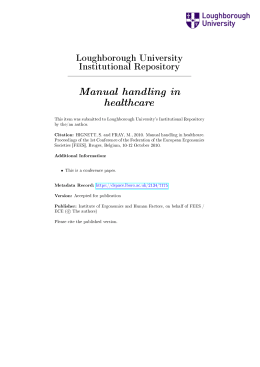Autoetnografia na Saúde Nelson Filice de Barros Busca no PUBMED (92012) Ethnographic Ethnographic study Etnography Etnography nursing Etnography nursing Ethnographic studies research Ethnographic research Ethnographic interview Qualitative research methodologies ethnography Critical ethnography Etnography health care Nursing ethnography Etnography alchool Focused etnography Etnography medical Etnography qualitative Etnography study Etnography research Meta ethnography Busca no PUBMED Autoethnography (27) Ano de Publicação 2010 2009 2008 2007 2006 2005 2004 2003 TOTAL Freqüência 11 4 2 3 1 3 1 2 27 Ano de Publicação Advances in Nursing Sciences Canadian Journal of Occupational Therapy European Journal of Cancer Care Internat. Journal of Mental Health Nursing Journal Clinical Nursing Journal of Interprofessional Care Journal of Sex Research Medical Anthropology Quarterly Topics in Stroke Rehabilitation Journal of Homosexuality American Journal of Occupational Therapy Qualitative Health Research Journal of Psych. and Mental Health Nursing Freqüência 1 1 1 1 1 1 1 1 1 2 4 5 7 AUTORES Barton, B Brooks C. F. Hanna, J L. Hinckley, J Forhan, Mary Galle, J. Lingard, L. LOCAIS DE TRABALHO (2010) Department of Sociology, Social Work and Criminology, Morehead State University, Kentucky, USA California State University, Long Beach, USA Departments of Dance and Anthropology, University of Maryland, Bethesda, USA Communication Sciences & Disorders, University of South Florida, Tampa, Florida, USA McMaster University School of Rehabilitation Science, Faculty of Health Sciences, CANADA Medical Student, University of Toronto, Ontario, CANADA Grant, A. Gardner, L. D. Lane, H School of Nursing and Midwifery, University of Brighton, UK School of Health Studies, Swansea University, Swansea, UK Foster, K. McAllister, M. O'Brien, L. School of Nursing Sciences, James Cook University, Cairns, Queensland, AUSTRALIA Karnilowicz, W. School of Social Sciences and Psychology, Victoria University, Melbourne, Victoria, AUSTRALIA Tolich, Martin University of Otago, Dunedin, NEW ZELAND AUTORES Burnard, P Short, N. P. Grant, A Lahman, M. K LOCAIS DE TRABALHO (2009) Cardiff School of Nursing and Midwifery Studies, Cardiff University, Cardiff, UK Psychological Therapies Service, Braybrooke House, Hastings, East Sussex, UK University of Northern Colorado, Greeley, Colorado, USA. Warne, K. E. Hoppes, S AUTORES Acute Rehabilitation Services, St. John Medical Center, Tulsa, USA. Richards, R Department of Psychology, Stellenbosch University, Stellenbosch, South Africa Obermann Center for Advanced Studies, University of Iowa, Iowa City, USA Taylor, J. Y. Mackin, M. Oldenburg, A. AUTORES O'Byrne, P Short, N. P. Grant, A. Clarke, L. Burnard, P. LOCAIS DE TRABALHO (2008) LOCAIS DE TRABALHO (2007) - School of Nursing, University of Ottawa, Canada - Psychological Therapies Service, Sussex, UK. - Cardiff School of Nursing and Midwifery Studies, Cardiff University, Cardiff, UK AUTORES Foster, K. McAllister, M. O'Brien, L. LOCAIS DE TRABALHO (2006) School of Nursing Sciences, James Cook University, Cairns, Queensland, Australia AUTORES LOCAIS DE TRABALHO (2005) Schneider, B. Faculty of Communication and Culture, University of Calgary, Calgary, AB, Canada Hoppes, S. Department of Rehabilitation Sciences, University of OklahomaTulsa, Tulsa, Oklahoma, USA Hoppes, S. Department of Rehabilitation Sciences, University of OklahomaTulsa, Tulsa, Oklahoma, USA AUTORES Oldani, M. J. Neville-Jan, A. Butler, J. R. LOCAIS DE TRABALHO (2004/3) Department of Anthropology Princeton University, USA. Department of Occupational Science and Therapy, University of Southern California, Los Angeles, California, USA Department of Communication, Northern Illinois University, USA AUTORES Barton, B Brooks C. F. TEMAS DAS PUBLICAÇÕES (2010) •46 lesbians and gay •explores the religious backgrounds and experiences of isolation, abuse, and self-loathing. •own story •in-depth look at obsessive-compulsive disorder (OCD) Hanna, J L. •dance and religion, dance and sexuality (literature) Hinckley, J •therapeutic relationship in clinical practice. •own and family process •perinatal loss. Forhan, Mary Galle, J. Lingard, L. Grant, A. •own experiences as a medical student •participating in Interprofessional education (IPE) Canadian academic hospital •experimental ethnography •fictionalized accounts, not as synonymous with falsehood Gardner, L. D. Lane, H •student and I narrate our tutor/student relationship Foster, K. McAllister, M. O'Brien, L. Karnilowicz, W. •10 adult child of a parent with serious mental illness •explore the experience of being and how have coped with their experience. Tolich, Martin •detail a case study of an autoethnography •10 foundational ethical considerations for autoethnographers are developed. •own experiences related to prostate cancer and chronic illness. •discussion of psychological ownership and identity. AUTORES TEMAS DAS PUBLICAÇÕES (2009) Burnard, P •general comments about seeing a psychiatrist paper Short, N. P. Grant, A •method reflections Lahman, M. K Warne, K. E. Hoppes, S •own experience of my ectopic pregnancy •the name "Doctor" is invoked to discuss who objectified and did not protect me. •describes self-care activities to cede control of end-of-life care to the client AUTORES TEMAS DAS PUBLICAÇÕES (2008) Richards, R •own experience of growing up medicalized, kidney failure, transplantation and recovery and living with end-stage renal disease. Taylor, J. Y. Mackin, M. Oldenburg, A. how racial autoethnography: repositions students to effect an epistemological change, challenges dominant ideology, functions as a link between the student and critical theories for use in nursing research. AUTORES O'Byrne, P Short, N. P. Grant, A. Clarke, L. Burnard, P. TEMAS DAS PUBLICAÇÕES (2007) •demarcate ethnography and autoethnography and then to identify the (dis)advantages from multiple-method and/or mixed-method research •messy-text emails, reflections and comments from others, in relation to experiences of mental health. •The textual presentation is in triple-column form: in the first is the accounts of the protagonists, Short and Grant; the second contains reflections from friends and family, and the final is Clarke's pantheoretical reflections on both •I describe attending an interview with a psychiatrist, as a patient. •I map out the process I encountered and offer various critical and reflective comments: –a comfortable and comforting 'setting up' of the interview; –a sense of moving into the 'patient role'; –a clear indication of how the interview would proceed; –empathic manner on the part of the psychiatrist and a sound process of follow-through with my general practitioner. AUTORES Foster, K. McAllister, M. O'Brien, L. LOCAIS DE TRABALHO (2006) •how this emerging method is of particular relevance to mental health nursing research and practice. AUTORES Schneider, B. LOCAIS DE TRABALHO (2005) •own experience as a mother of a person with schizophrenia •interviews explore how mothers of adults with schizophrenia talk about their children. Hoppes, S. •own experience during a time when my nephew died Hoppes, S. •discuss the transformation of fear of death to awareness of death as a central purpose of caregiving. •LOCAIS DE TRABALHO (2004/3) AUTORES Oldani, M. J. Neville-Jan, A. Butler, J. R. •examines the day-to-day activities of pharmaceutical salespersons and describes in detail the pharmaceutical gift cycle between doctors, salespersons, and patients. •own experience in chronic pain. •I begin with my personal narrative. I then problematize conceptions about chronic pain and discuss them from the point of view of my own narrative and from stories and ethnographies in the literature. Finally I reflect on how occupational therapists can more effectively work with persons with chronic pain. •bring the reader closer to the experiences of transgender citizens who act in a public culture. Considerações Finais Autoetnografia é um método que apenas se inicia no campo da saúde, com tendência a aumentar seu uso. Poucos jornais publicam. A totalidade da produção é feita em países de língua inglesa, embora não se saiba a origem dos autores. Os artigos exploram principalmente duas perspectivas: relato de experiências (12) e reflexões sobre alcances e implicações.
Download
